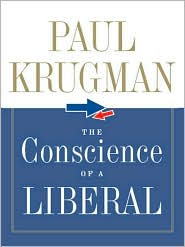 Simon Armitage
Simon Armitage was born in and lives in West Yorkshire, England. His books include
Killing Time, Selected Poems, The Universal Home Doctor, Tyrannosaurus Rex Versus the Corduroy Kid, and his acclaimed translation of
Sir Gawain and the Green Knight. In 1993, he was named the London
Sunday Times Young Writer of the Year; he is the recipient of a Forward Prize and in 2010 won the Keats-Shelley Prize for Poetry. He works as a freelance writer, broadcaster, and playwright; writes extensively for radio, television, and film; has taught at the University of Iowa Writers’ Workshop; and is professor of poetry at the University of Sheffield.
Knopf will release
Seeing Stars, his new collection of poems, in the US in August 2011.
One of Armitage's six best books, as told to the
Scottish Sunday Express:
 Le Morte d’Ar thur by Sir Thomas Malory
Le Morte d’Ar thur by Sir Thomas Malory
Malory’s masterwork is a jewel in the crown of British literature. He pulled all the Welsh myths and French Romances together creating the definitive work by which we know the tales of King Arthur. Malory himself was a shadowy figure, he was a knight-prisoner who may have written the work while he was incarcerated in the Tower of London.
Read about
the other books on the list.
Learn about
Simon Armitage's top ten bird poems.
--Marshal Zeringue
 One entry on the list:
One entry on the list:









































